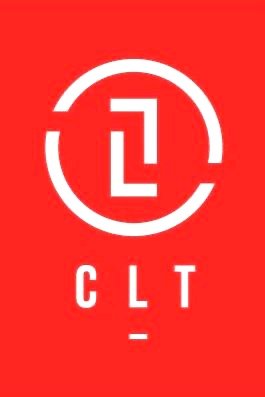In a recent Certified ScrumMaster (CSM) course, a student new to Scrum was a bit confused by the repeated reference to the ScrumMaster as a “coach”. “What do you mean coaching or when does this coaching happen?” was the question raised. Caught a bit off guard, or more importantly caught up in my own internal dialog of, “Well, doesn’t everyone who comes to a CSM already know this?” For a moment I was a bit dumbfounded. Then I realized that this is the very question that we need to spend more time answering.
Let’s just start with coaching. What do you think of when you think of coaching? Do you think of a sports team that has a coach? Do you think of losing weight and maybe hiring a personal trainer as a fitness coach? Do you think of accomplishing personal goals through engaging a life coach to help you stay focused? In any of these instances, the person that is in the coaching position does not do the work for the person being coached. The coach’s role is to:
· Ask all kinds of questions – the obvious question, the dumb question, the hard question, etc
· Make observations and play back what they are seeing, what they are hearing, what they are observing
· Make recommendations, suggestions, provide alternative view points
· Listen
· Remind the coachee of the very goals that were set out to be accomplished and take stock of reality – is the goal being met or not with the actions the coachee is taking
Scrum is a different way to do work. It may sound simple to change to a new way of doing work, but many find the practice of Scrum difficult to accomplish. The official Scrum Guide is free to all and is available here.
The Scrum Guide is clear that a ScrumMaster does not only coach the team of people doing work or developing the product that will be used by customers, but they also have the responsibility of coaching the Product Owner and the Organization. The Product Owner gives direction about the product, and the greater Organization is comprised of other experts, users, customers and stakeholders about interacting with the Scrum Team.
That may sound like a big job, and it is! This is why a ScrumMaster is a full-time job and not one that can be done effectively as part time. It’s not administrative at all. It’s about people. It’s about individuals and interactions. It’s about setting goals, accomplishing goals and more importantly, what needs to change if goals are not accomplished.
Think back to sports teams you may be a part of that had a coach. Or any sports teams that you watch. How many are successful without an effective coach? How many Olympic athletes achieve a medal without a coach? This idea is critical to a successful Scrum adoption. The ScrumMaster is the coach to the Development Team, the Product Owner and the Organization regarding making this change and when things get tough, not back-sliding into old habits or unsuccessful approaches that detract from the goal.
If you would like to learn more about Scrum or the ScrumMaster, refer to the free Scrum Guide. You can also join me for a Certified ScrumMaster course hosted by Hollstadt Consulting on Oct 2.
Author: Christian Antonie



